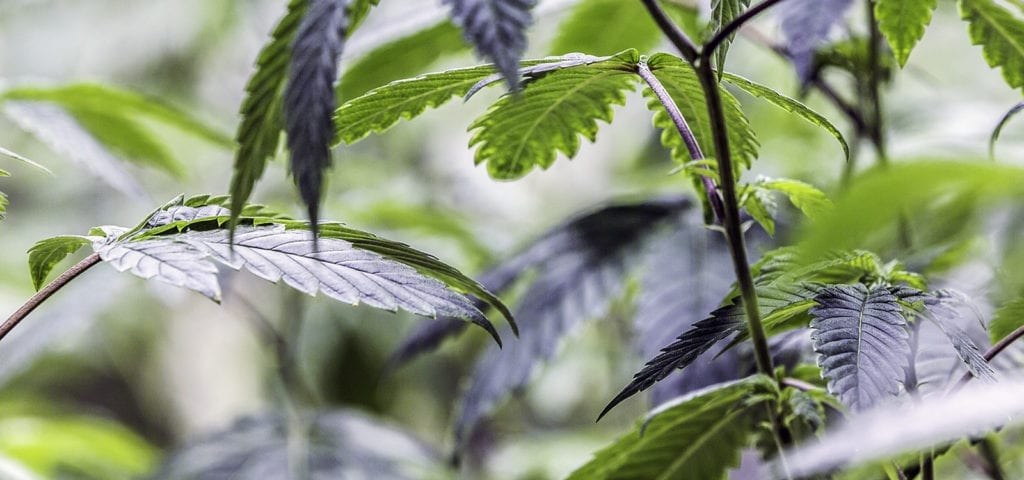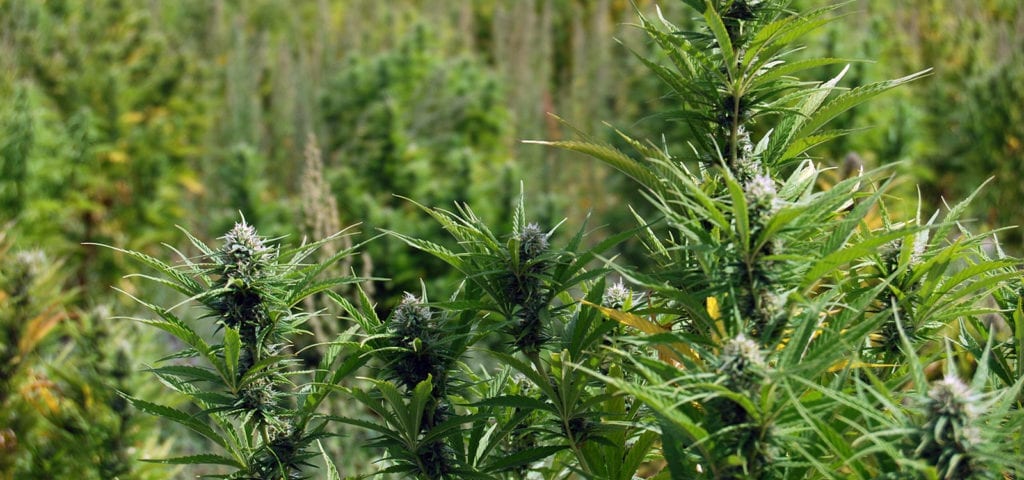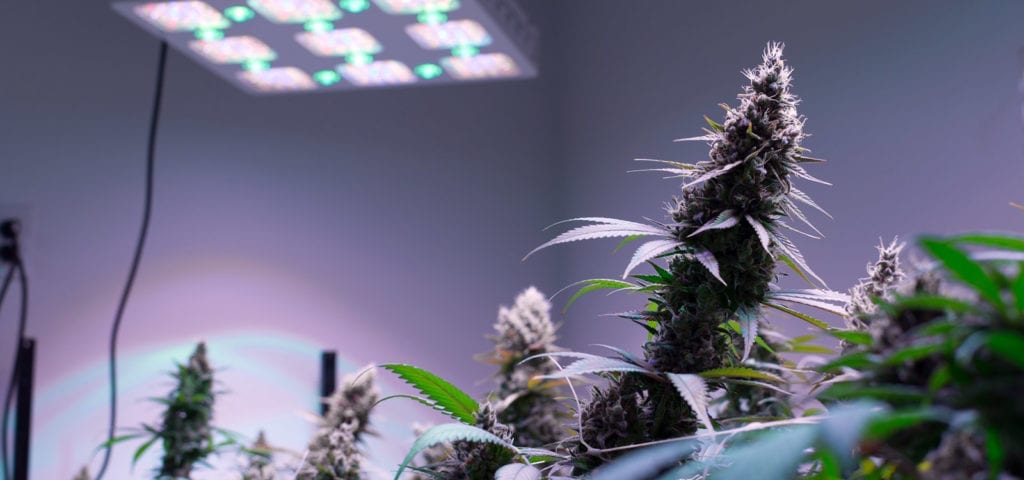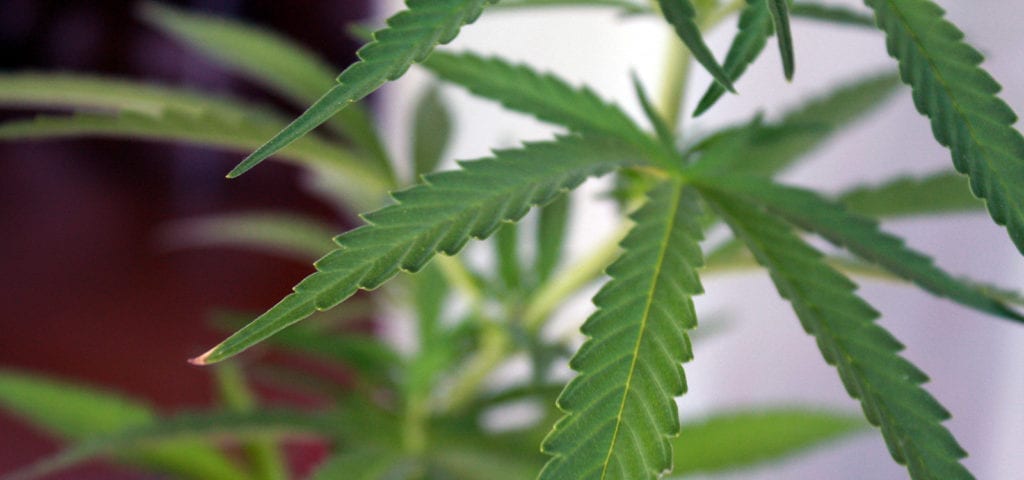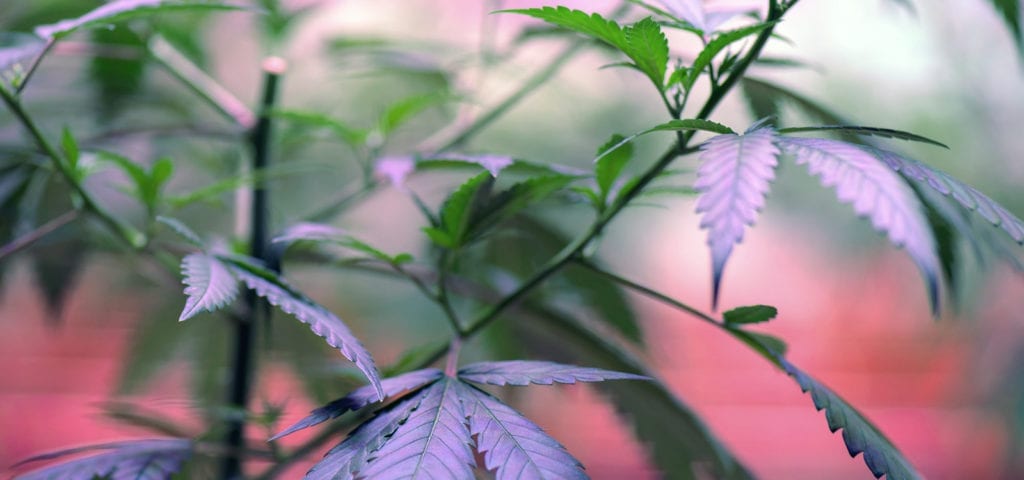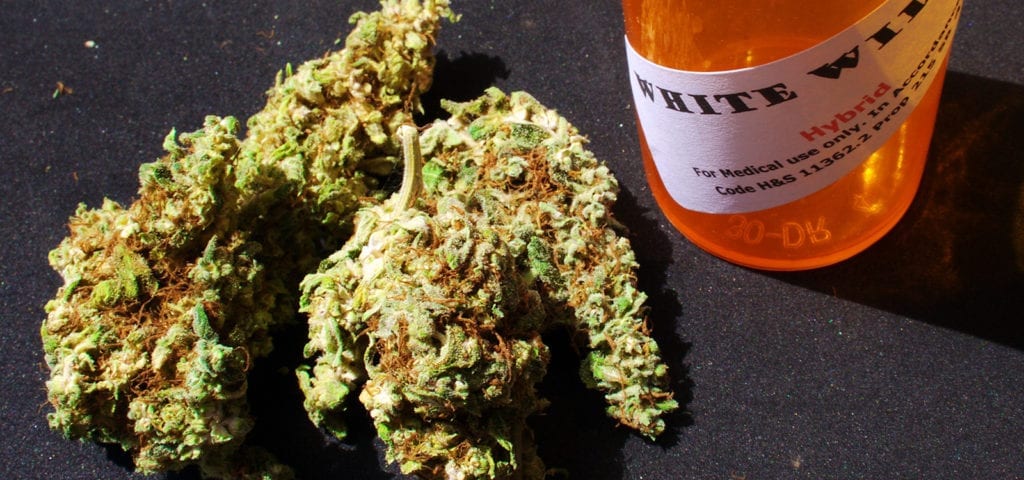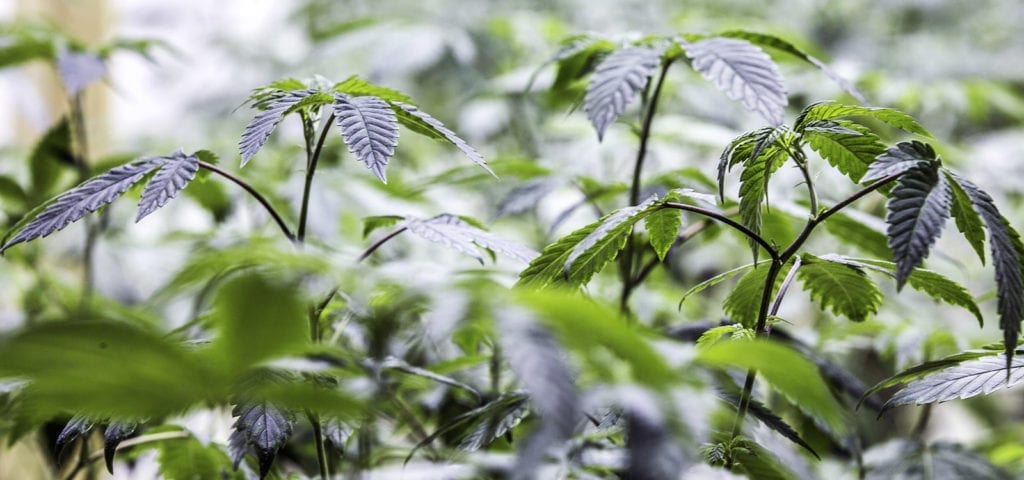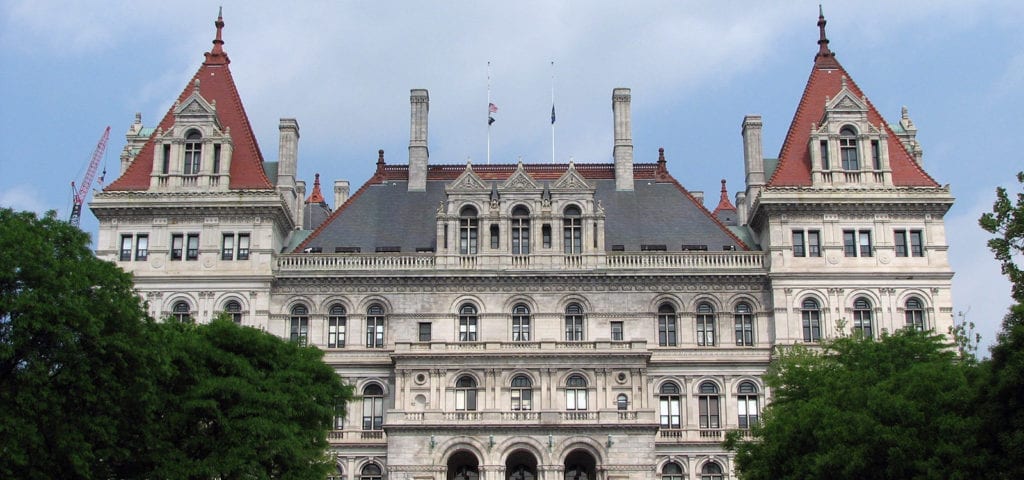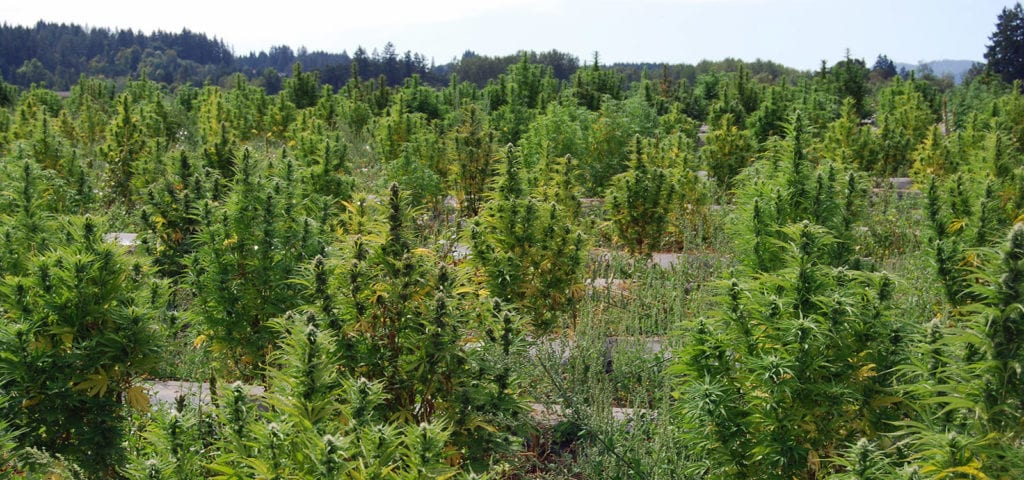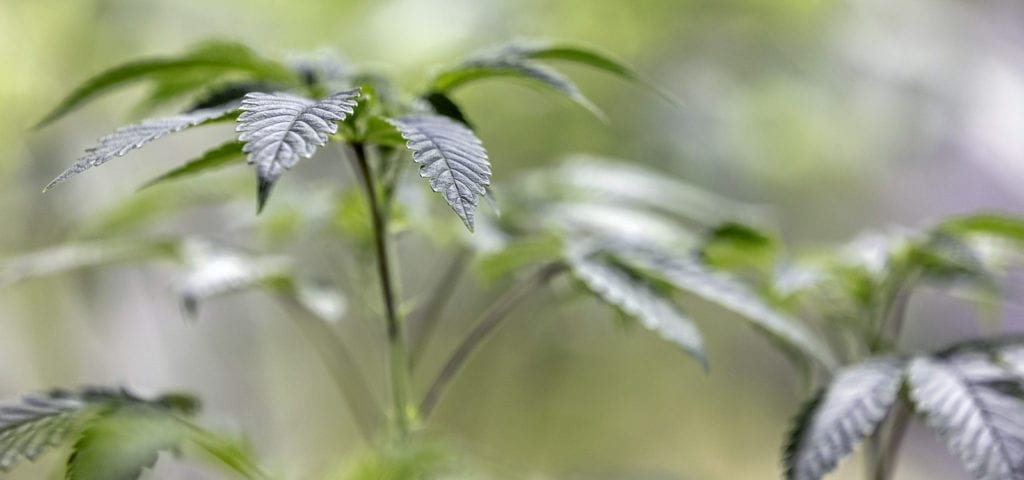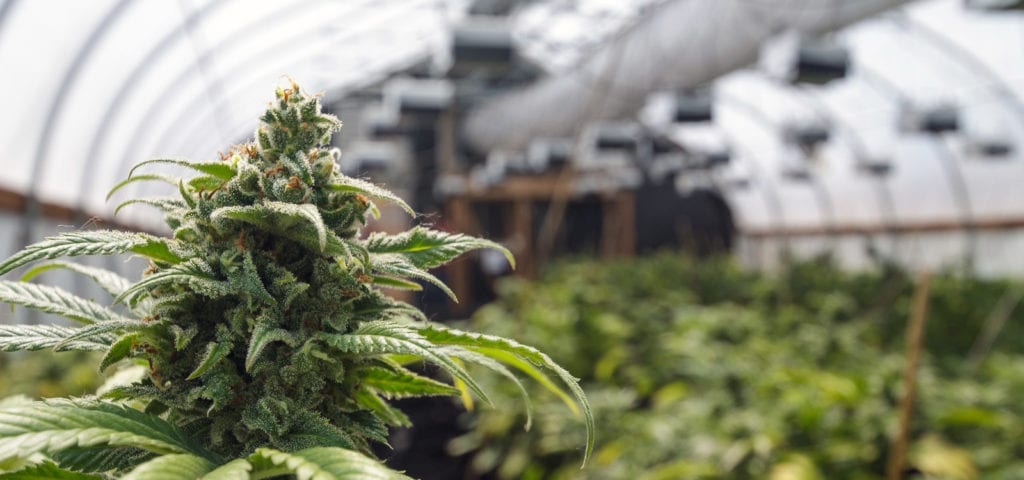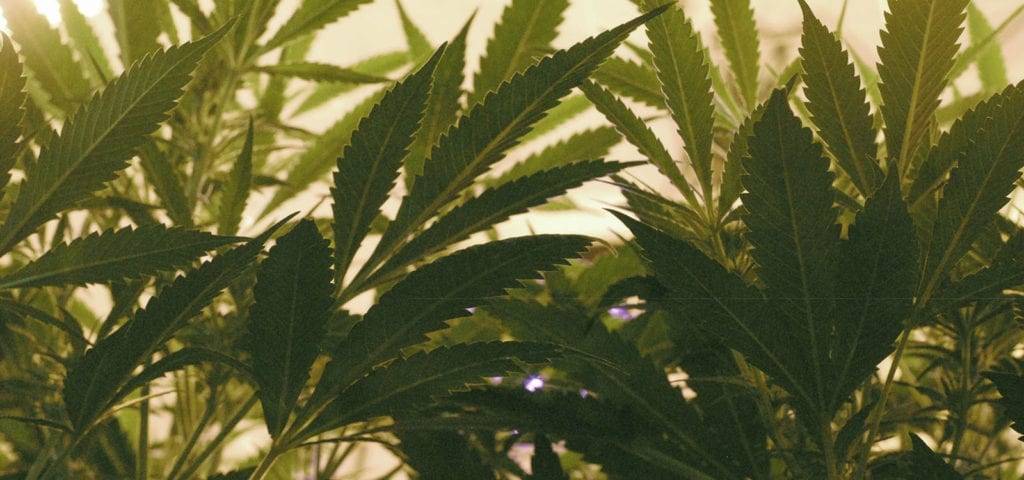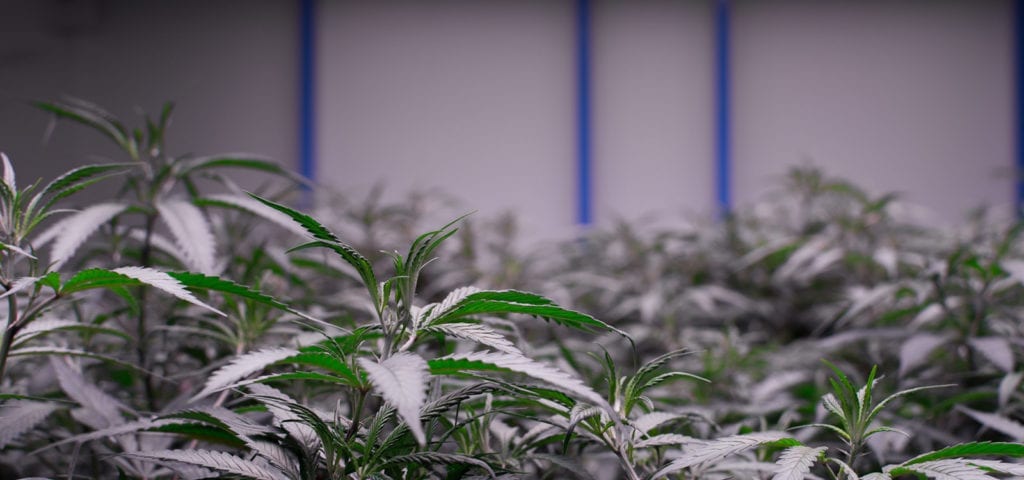The Florida Department of Health announced last week it would be licensing four more medical cannabis cultivators now that the program has surpassed 100,000 patients, the News Service of Florida reports. The addition of the new licenses will bring the total number of cannabis cultivators in Florida up to 14, the tenth license having been issued just last week to a Miami-based grower after a contentious legal scuffle.
Health officials laid out their requirements for the next four licensees, which they plan to select from as many as 400 applicants.
Attorney John Lockwood, who represents multiple cannabis operators in the state, applauded the Health Department’s move.
“It takes these four licenses that they have to issue by statute and removes them from the litigious issues. These are just four open, competitive licenses. So in my opinion this is a very, very smart move by the department to get these licenses to market as quickly as possible. This is the way it should be done.” — John Lockwood, in the report
Florida’s cannabis licensing process has undergone several iterations, as the state launched its initial cannabis program in 2014 as a strictly low-THC system with just five licensees. Voters passed a constitutional amendment in 2016, however, that established a more comprehensive medical cannabis program and called for the licensing of additional operators.
“The Florida Department of Health is committed to ensuring qualified patients have safe, reliable access to low-THC cannabis and medical marijuana. In an effort to continue to expand availability of this treatment, the department will accept applications for registration as a medical marijuana treatment center through a new rule. This new rule addresses the Pigford class license and the four additional licenses available upon reaching 100,000 patients, as outlined by the Florida Legislature in 2017.” — Florida health officials, in a statement, via the News Service of Florida
End

